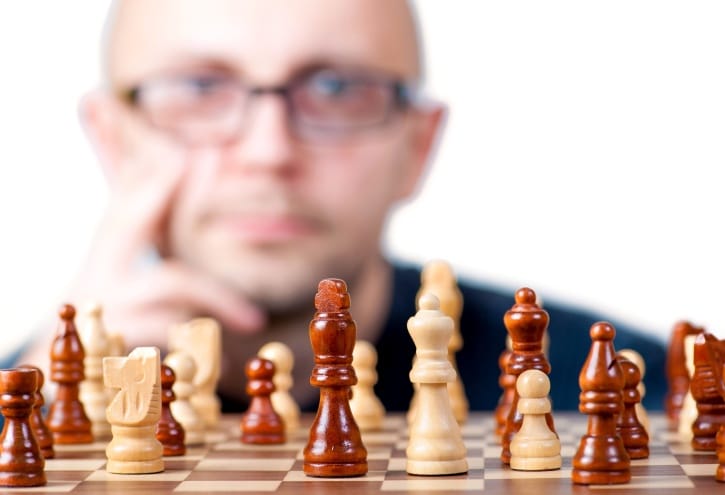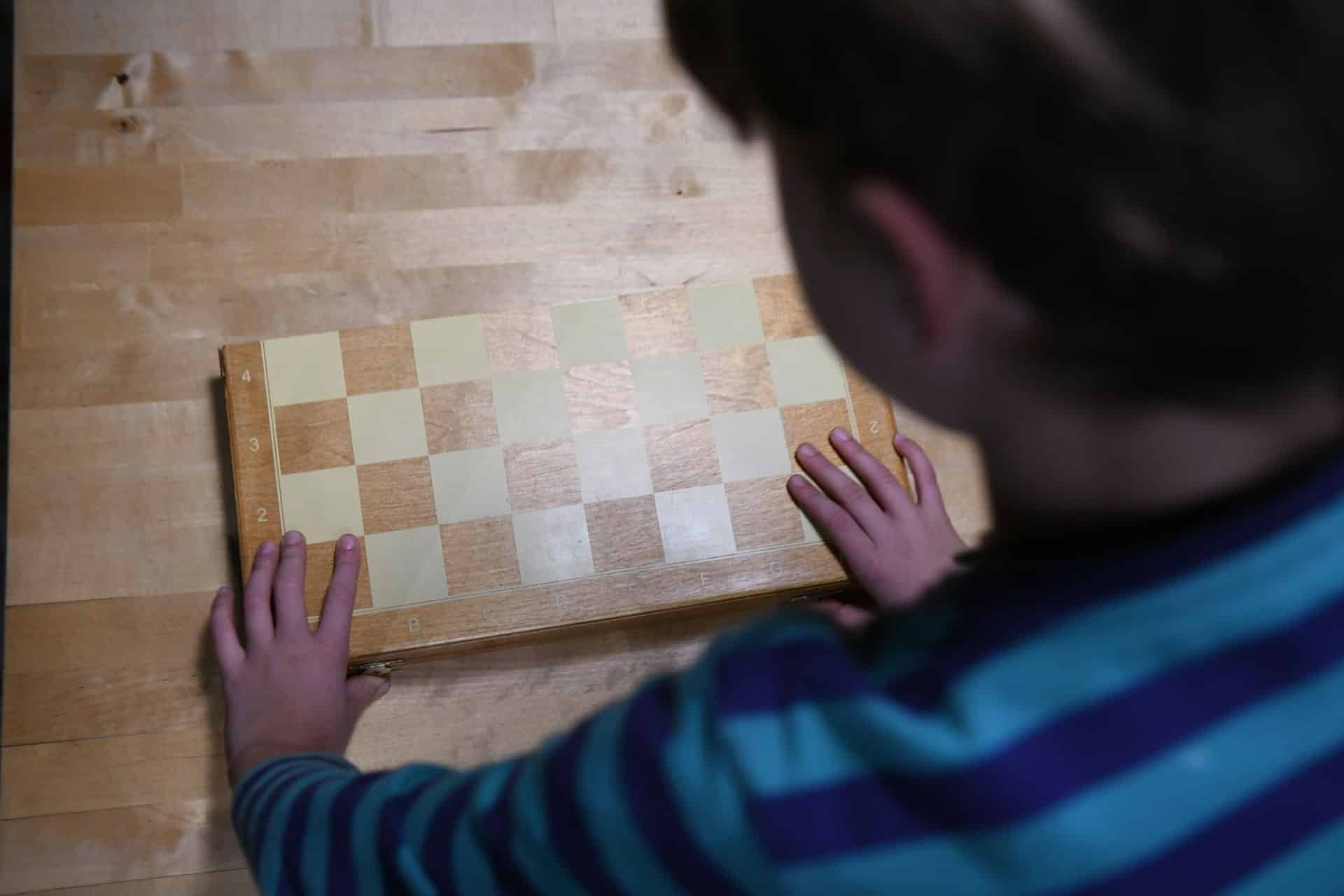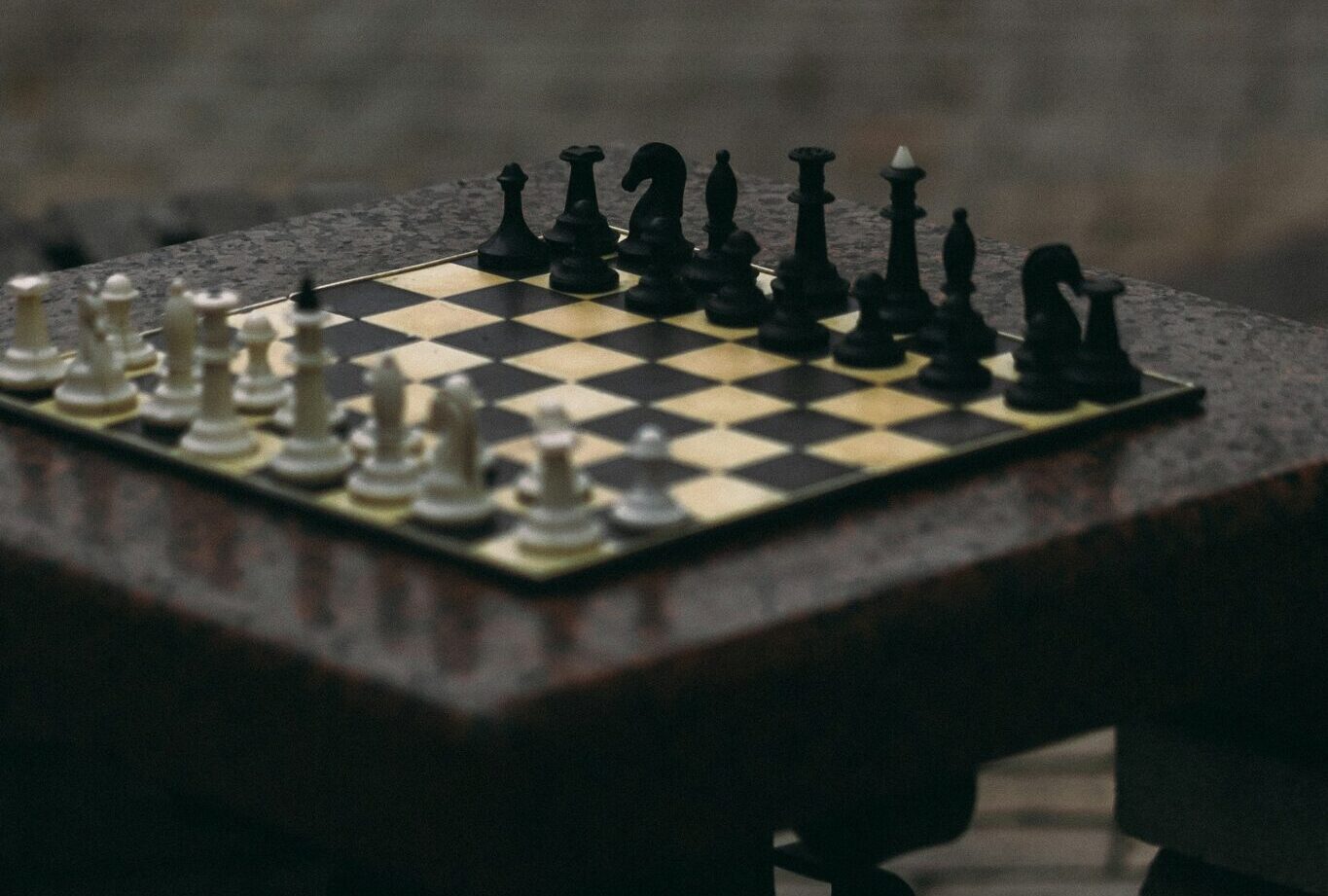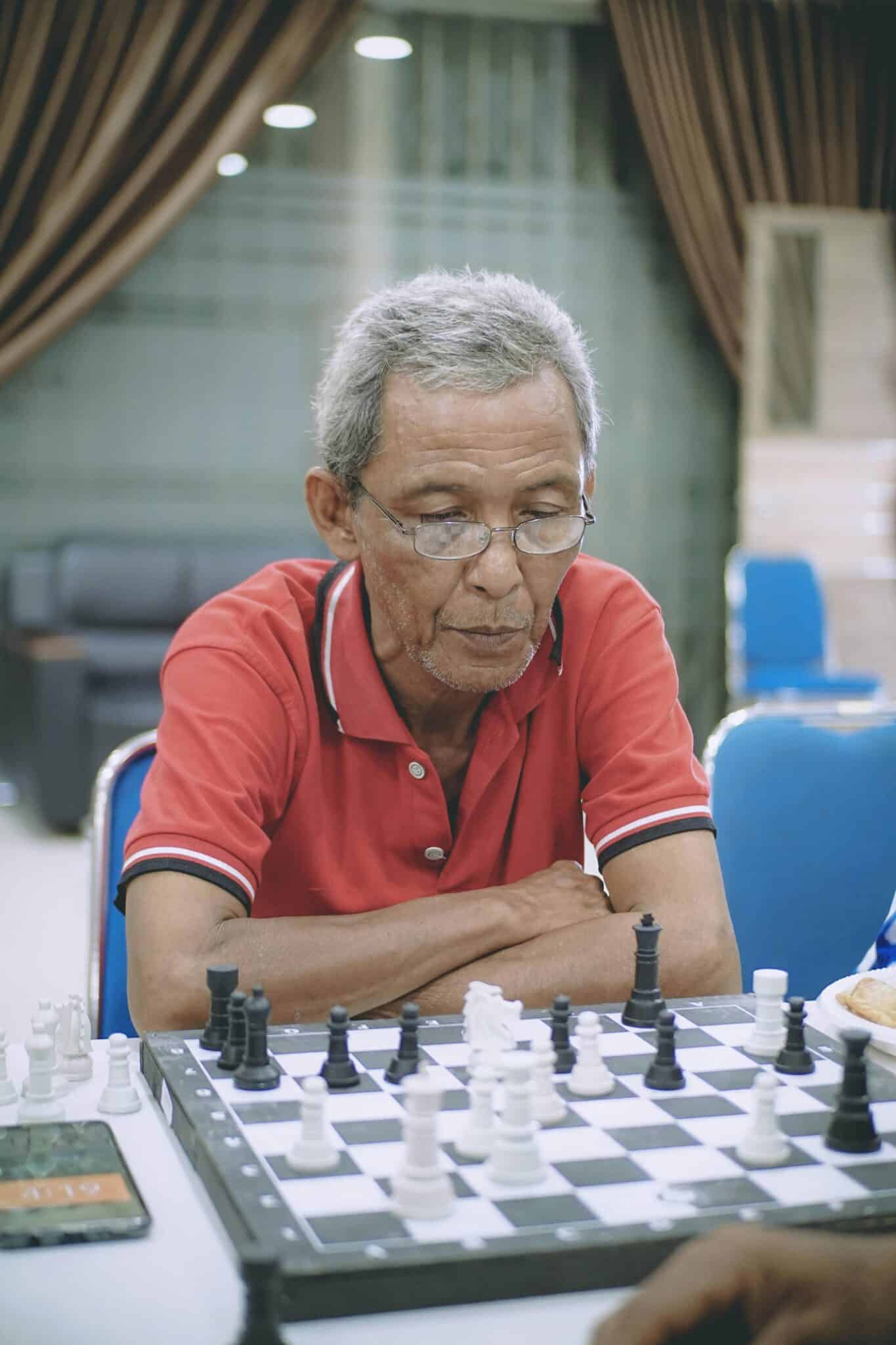Chess is a game of strategy and skill, but it has been tainted by players who attempt to gain an unfair advantage by cheating. This article will discuss the various methods used by chess cheater, how they are detected and what can be done to prevent them.
Chess cheater can employ a variety of tactics, such as using hidden communication with others, memorizing chess positions, and consulting a computer. These methods are often difficult to detect, as cheaters can be very subtle in their attempts. However, they can be identified by carefully observing a player’s behavior and recognizing signs such as frequent pauses or strange moves.
Table of Contents
Chess cheater
In order to prevent cheating, tournaments should implement security measures such as searching for devices, monitoring for suspicious activity, and providing a secure environment for players. Additionally, players should be educated about the various forms of cheating and the consequences that come with it.
Chess cheater is a serious problem that affects the game. It is the practice of using unfair methods to gain an advantage over an opponent in a game of chess. Cheating can involve using physical objects to influence the game, or using software to calculate the best move. It can also involve collusion between players or deliberately avoiding legal moves.
Cheating in chess is a violation of the game's ethics and can lead to disqualification, suspension, or even legal action. Players who are caught cheating can also face social stigma and a damaged reputation. It is important to understand the various types of cheating, and to take measures to ensure that players are playing by the rules.
Types of chess cheater in chess include:
- Using physical objects to influence the game (e.g. computer-aided analysis)
- Using software to calculate the best move
- Collusion between players
- Deliberately avoiding legal moves
To prevent cheating in chess, it is important to take measures to ensure that players are playing by the rules. This includes monitoring games for suspicious behavior, using software to detect cheating, and ensuring that players are not colluding. It is also important to have an effective system for reporting and punishing cheaters.
How can you spot a cheater in chess?
Chess cheater is not a new phenomenon. It is important to be aware of the signs that may indicate a cheater in a chess game. Players who are suspected of cheating may use various methods to gain an advantage such as using a computer, receiving coaching, or using hidden electronic devices. By looking for certain signs, it is possible to identify a cheater in chess.
Chess cheater may have suspiciously high ratings or ratings that are too low given their playing strength. They may also play moves that are too risky or too easy for the level of their opponent. Additionally, cheaters may offer draws too quickly, or take an unusually long time to make a move. Players that look at their phone or other electronic device during a game are also suspected of cheating.
In order to protect yourself from chess cheater, it is important to be aware of the signs of cheating. Players should also be aware of the rules and regulations of tournaments, and report any suspicious behavior to the tournament director. Finally, players should be vigilant and not hesitate to challenge a suspect opponent.
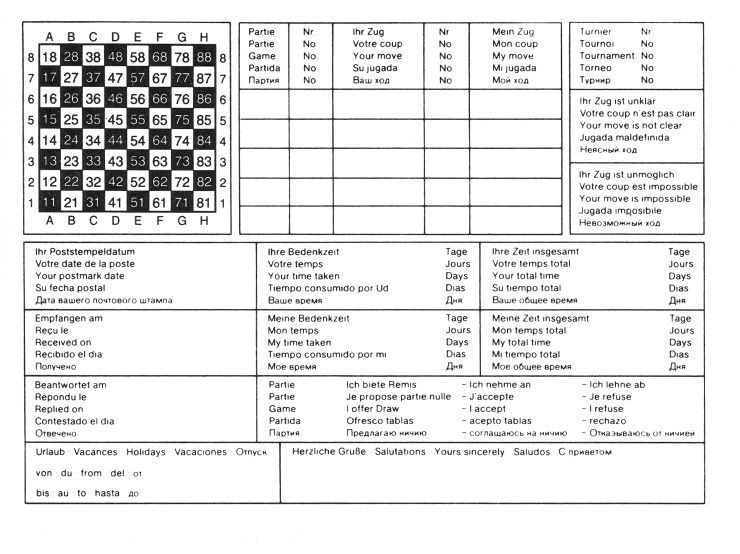
Are there chess cheater in chess?
Chess cheater in chess is not uncommon. Players have been caught using computer programs to get an edge, or even having an accomplice signal moves. The World Chess Federation (FIDE) has created a number of regulations intended to reduce cheating and maintain a fair playing field.
Chess cheater can involve a variety of methods. These include: seeking advice from others, using computer programs, signaling moves to an accomplice, or deliberately making illegal moves. FIDE has rules in place to help prevent cheating, such as prohibiting players from bringing electronic devices into the playing area or consulting with a third party during a game.
In order to combat cheating, FIDE has taken several measures. A code of ethics has been developed, which includes regulations regarding the use of outside assistance, and anti-cheating software has been developed to detect suspicious play. FIDE also holds tournaments with strict security measures in place.
Cheating in chess is a serious offense and can result in a player's disqualification from a tournament. FIDE takes cheating seriously and has implemented a number of measures to prevent it. By following the rules and regulations set out by FIDE, players can ensure that they are playing on a level playing field.
Is 99 accuracy cheating chess?
Chess is a game with complex rules and strategies that can be used to gain an edge over one's opponent. Many people have attempted to cheat at chess by using computers to look up moves and anticipate their opponent's moves. It has been argued that achieving a 99% accuracy rate in chess is considered cheating, as it is not possible to achieve this level of accuracy without the aid of a computer.
To understand why 99% accuracy is considered cheating, it is important to consider the level of skill and knowledge required to play chess at a high level. Professional players are able to anticipate their opponents' moves and make decisions based on their experience and knowledge of the game. It is difficult, if not impossible, for a human to anticipate every move and make decisions with such accuracy as required for a 99% accuracy rate.
Therefore, it can be argued that a 99% accuracy rate in chess is not possible without the help of a computer. As such, it is considered to be cheating, as it gives an unfair advantage to the player who is using the computer to gain an edge over their opponent.
The chess cheater is a real threat to the sport. It is important to be aware of the tactics used by the cheater, in order to prevent any unfair advantages.
Cheating in chess is a serious offence and can have serious consequences. It is important to report any suspicious behaviour to the relevant authorities.
Chess is a complex game that requires skill and strategy. Cheaters should not be allowed to take advantage of the system. The best way to prevent cheating is to be aware of the tactics used by the cheater and to remain alert.
If you liked this post you should read about Chess Pavilion.

